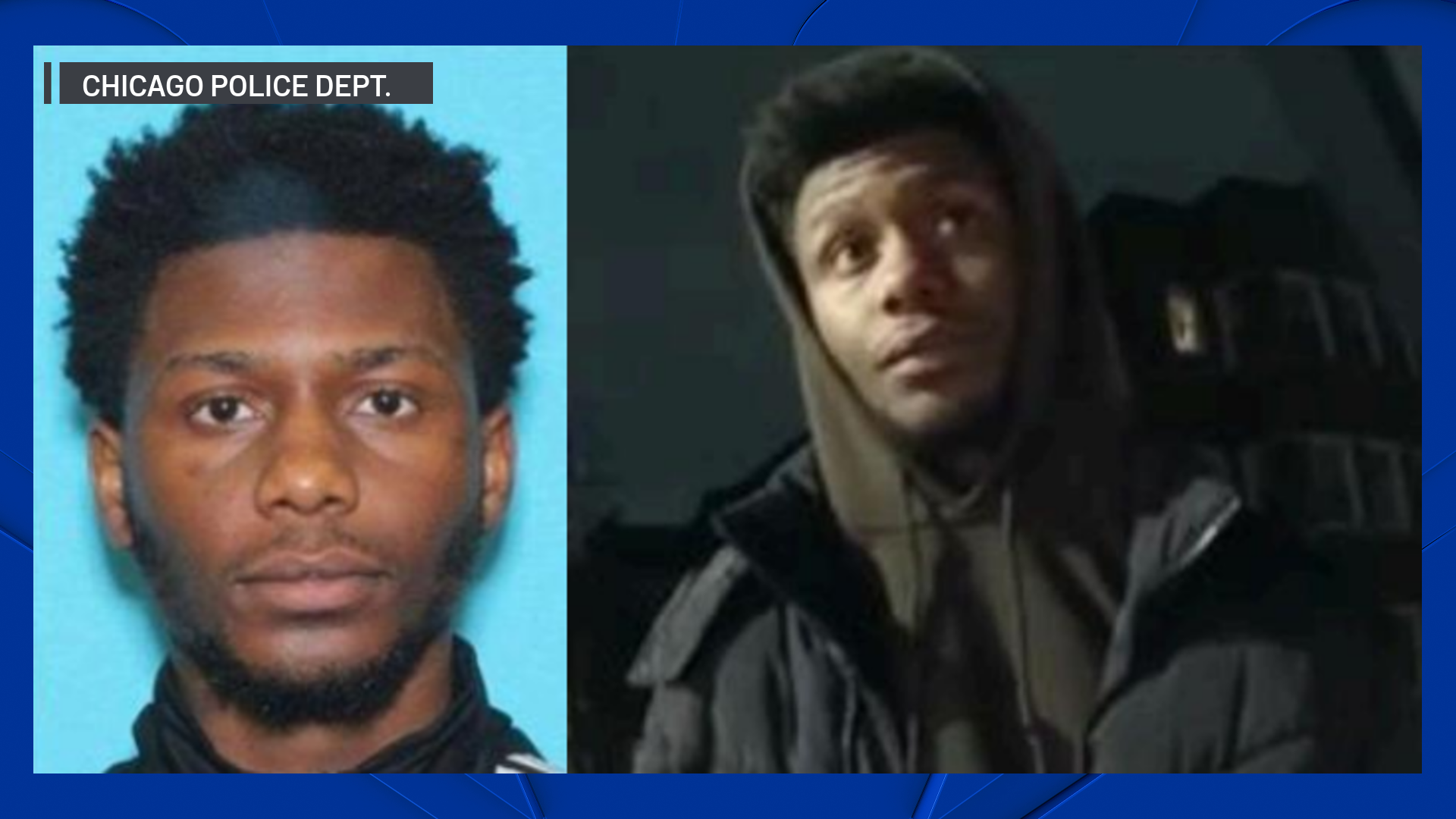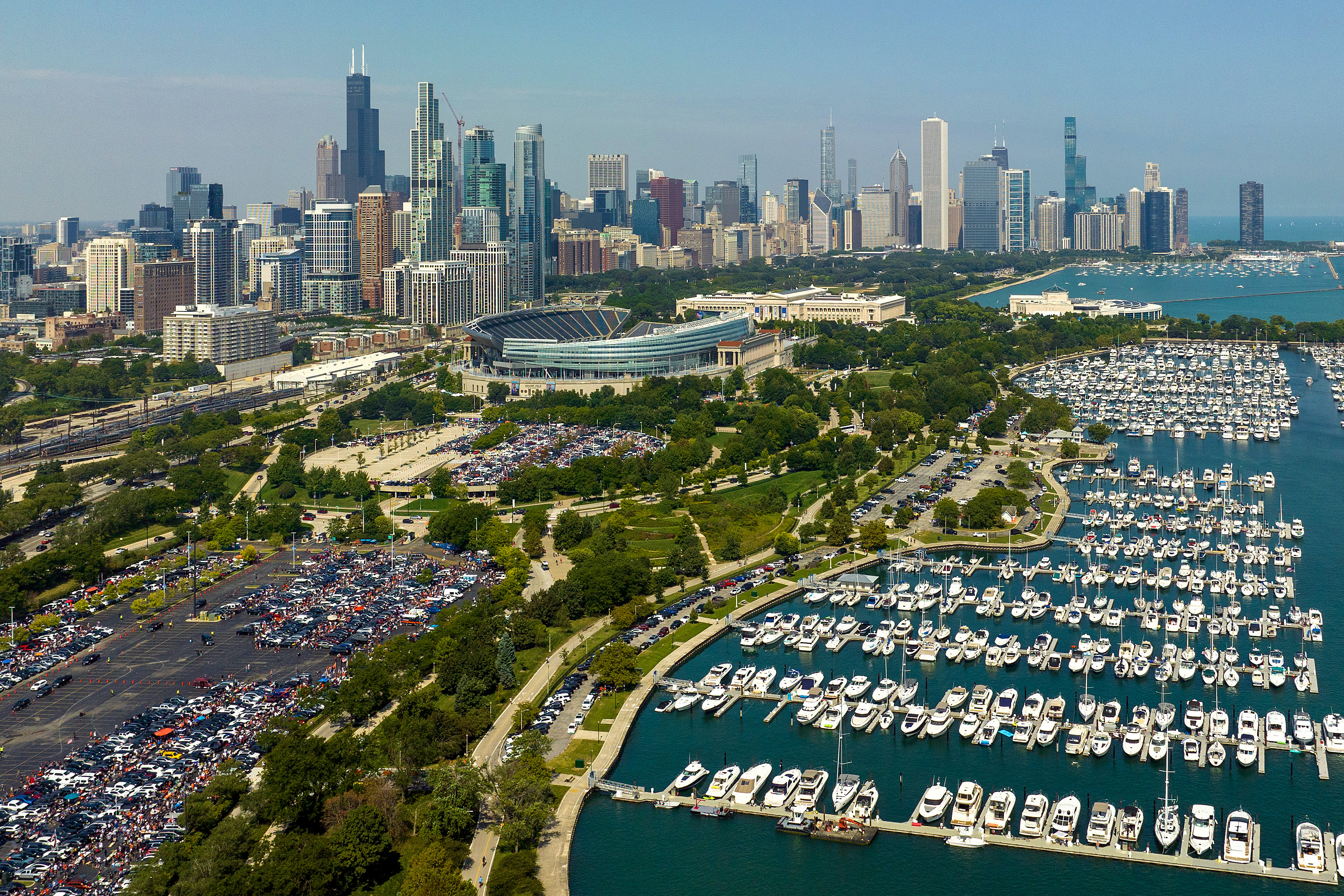Even though Saturday marked the Fourth of July, protesters took to the streets in downtown Chicago and all throughout the city to protest racism and inequality in Black and brown communities.
In the afternoon hours, hundreds of protesters descended upon downtown for a Black Lives Matter rally outside of the Dirksen Federal Building.
The event, advertised as a march and boycott of the Fourth of July holiday, was designed to protest police brutality, according to organizers, and was put together by numerous groups, including Tikkun Chai Inter-National and the Chicago Activist Coalition for Justice.
After the rally, protesters began marching through the city, moving down Dearborn and leading to rolling street closures.
"Do not forget what we are doing," said Gianna Wheeler, a college student who took part in Saturday's march. "We're marching for the people who don't have a voice."
The rally downtown was one of several throughout the area on the holiday, with sit-ins, rallies and marches planned in the city and suburbs.
For some protesters, the Fourth of July happened to be the perfect day to speak out.
Local
"Maybe people will stop and listen more if people saw we put forth the effort on a day we normally lounge back," said event organizer Farley "Jackmaster" Funk.
At 14th Street and Michigan Avenue, community activist Andrew Holmes joined in a Black Lives Matter rally, which pivoted on its message against racism to stand up against recent violence.
"Look at the body count," Holmes said. "Talkin' about I can't breathe? Go over to the Cook County Medical Examiner's Office. See how many can't breathe over there."
At the Chicago Police Department Headquarters, hundreds marched through the Bronzeville neighborhood as part of a National Day of Action that also took place in other cities.
"We don't think it's our position as white people to claim any ownership of this," said marcher Katrina Burlet. "We're just here to support."



